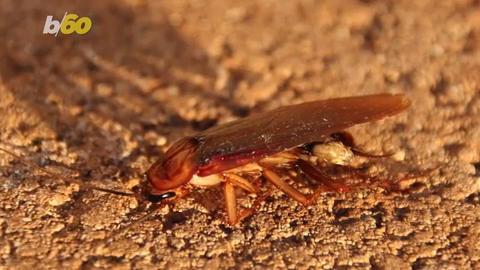As if cockroaches weren’t already hard enough to get rid of, a new study from Purdue University suggests the German cockroach – the most common in the world – is quickly evolving to resist insecticides.
Source: USA Today
The study, published in the journal Scientific Reports and led by Purdue professor Michael E. Scharf, was conducted over six months at two low-rise multi-housing units in Indiana and Illinois. In the study, Scharf and his fellow researchers tried three methods of controlling cockroach populations.
Using the first method, they rotated three insecticides. In the second, they mixed two together. In the third, they pre-determined which insecticide a population wouldn’t have a resistance to, then used that particular insecticide over the course of six months.
“We thought something was going to work,” Scharf told USA TODAY. “We tested ideas that had been out there for a long time, about either rotating or mixing or doing pre-monitoring to select products that have low resistance. So, we thought of those three different approaches, something would work.”
Not only did two of the methods not work particularly well, but Scharf said he and his team could watch the roaches develop resistances “in real time.”
“It turns out, nothing worked really well, except one case where we could pre-monitor. The issue became – and this is where the whole headline comes from of roaches being invincible – we were surprised when we found they were cross-resistant to all these different insecticide classes.
“We could determine that from our study, and we watched it happen in real time. We knew what they were being treated with, and we then watched them survive and the surviving populations become more resistant to all these different insecticides,” he said.
Survivors passed on resistances to their offspring.

































Leave a Comment
You must be logged in to post a comment.